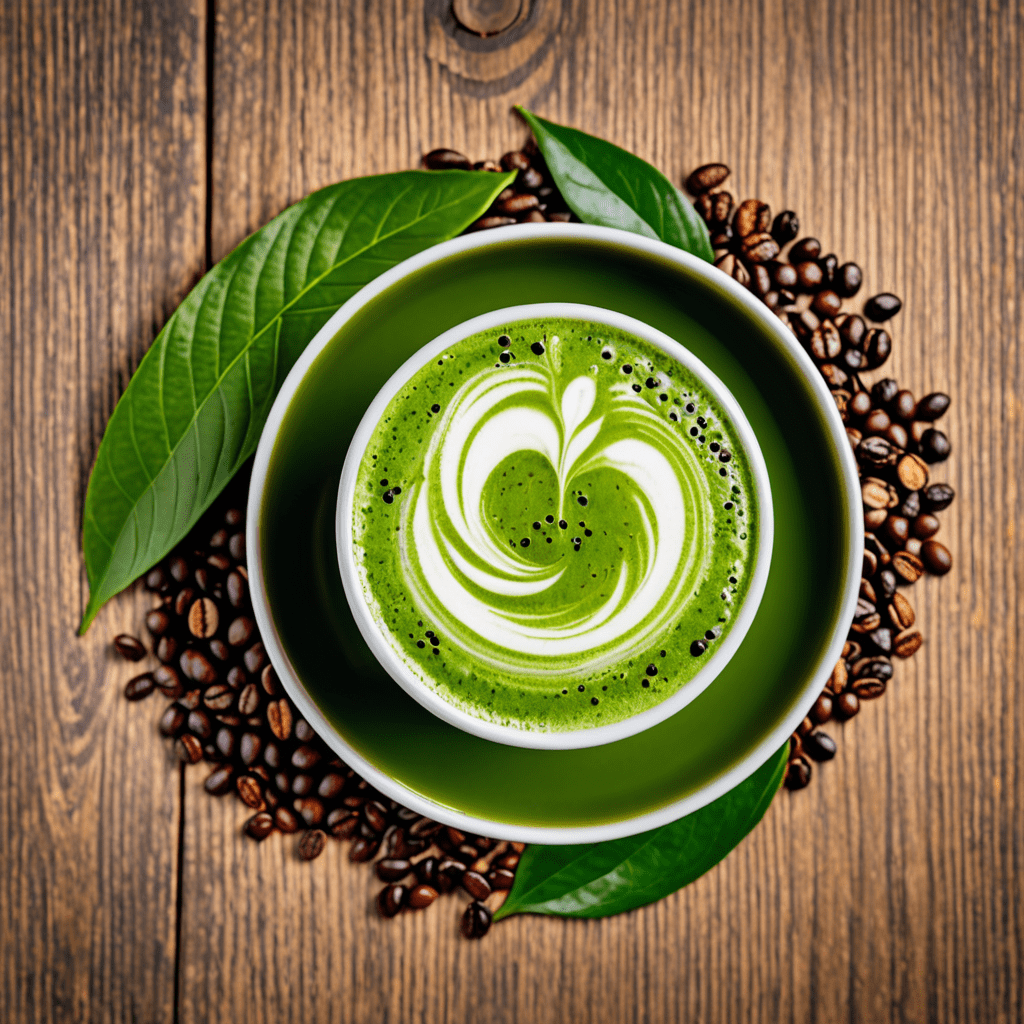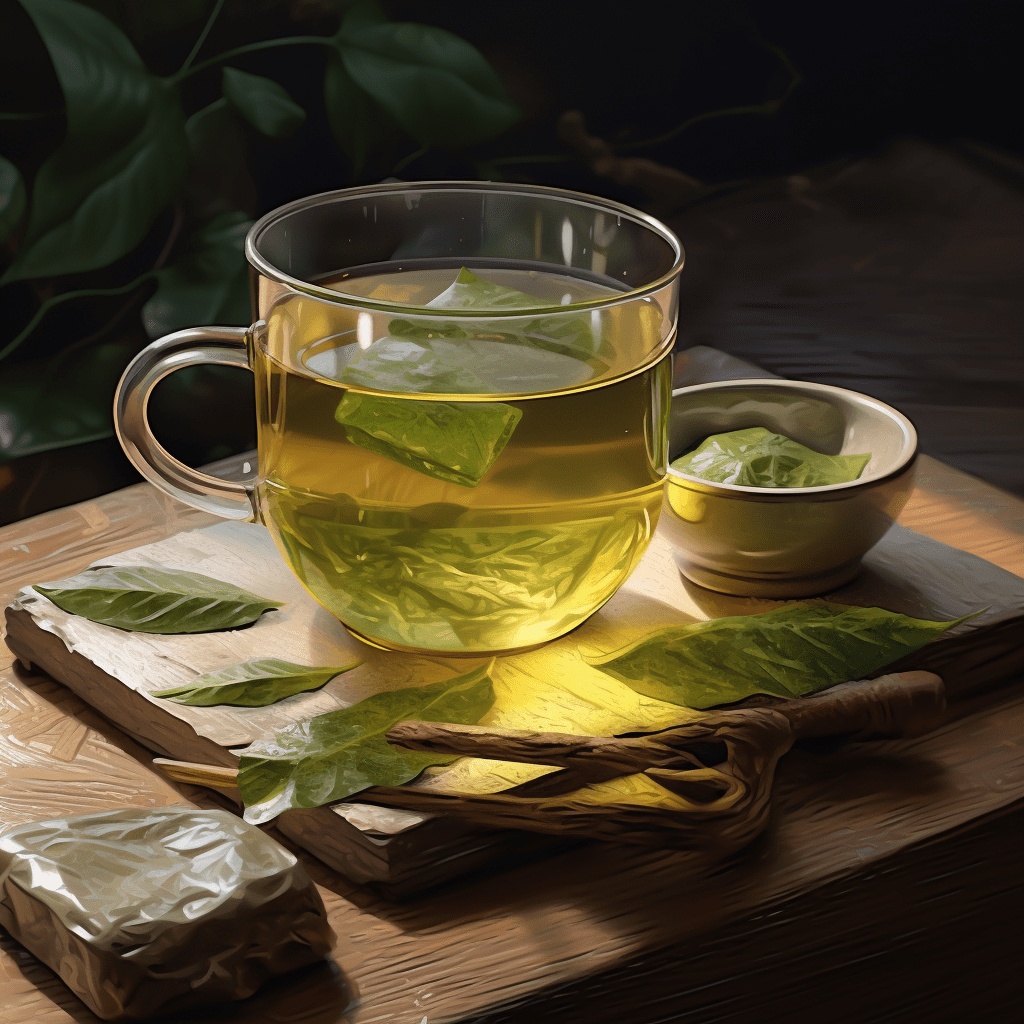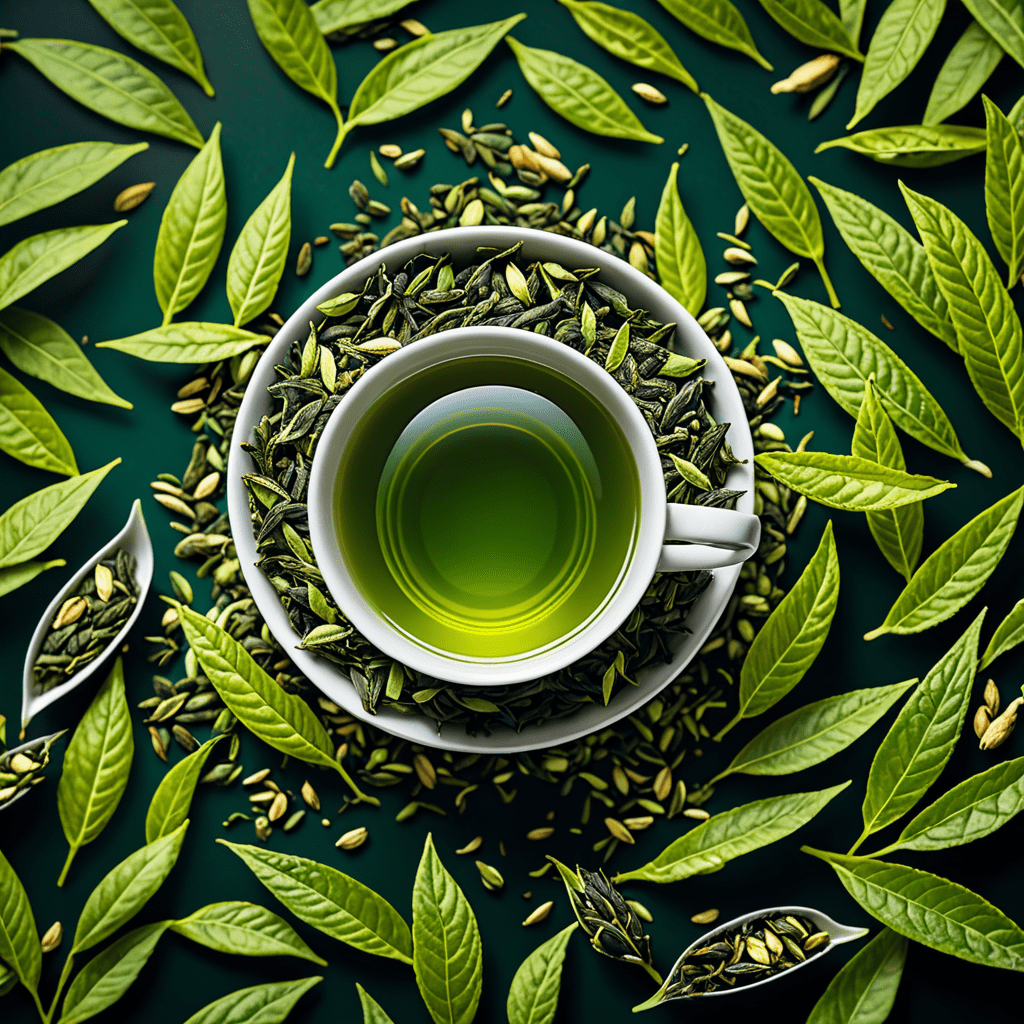
How Much Caffeine is in Matcha Green Tea Latte?
Understanding Matcha Green Tea
Matcha green tea has gained popularity in recent years due to its unique flavor and potential health benefits. It is made from finely ground green tea leaves, providing a concentrated and vibrant green beverage. One common way to enjoy matcha is in the form of a latte, which combines matcha powder with milk and a sweetener. However, if you are concerned about your caffeine intake, it’s essential to understand the caffeine content of a matcha green tea latte.
The Caffeine Content of Matcha Green Tea
Unlike traditional green teas, matcha is known for its higher caffeine content. The amount of caffeine in matcha can vary depending on several factors, such as the grade of matcha used and the serving size. On average, an 8 fl oz cup of matcha green tea latte, prepared using 1 teaspoon of matcha powder, contains approximately 70 milligrams of caffeine. This is approximately half the amount found in a cup of brewed coffee.
Factors Influencing Caffeine Content
Various factors can influence the caffeine content in a cup of matcha green tea latte. These include:
- The grade of matcha used: Higher grades of matcha tend to have more caffeine due to the use of younger tea leaves.
- Serving size: Increasing or decreasing the amount of matcha powder used will directly affect the caffeine content.
- Preparation method: Different methods of preparation, such as traditional whisking or using an electric frother, may result in varying caffeine levels.
- Additional ingredients: Adding milk or sweeteners to the latte may dilute the caffeine content slightly.
Other Caffeine Considerations
Although matcha green tea latte contains higher levels of caffeine compared to other green teas, it still has lower caffeine content than coffee. However, if you are sensitive to caffeine or want to limit your intake, there are a few things you can do:
- Opt for lower grade matcha: Higher grade matcha tends to have more caffeine, so choosing a lower grade may help reduce the caffeine content.
- Adjust matcha serving size: Using less matcha powder per serving will decrease the overall caffeine content of the latte.
- Consider alternative milk options: If you are concerned about the caffeine in milk, you can opt for plant-based alternatives such as almond, oat, or soy milk.
- Enjoy matcha latte in moderation: Limiting your consumption to one cup per day can help manage caffeine intake.
Is Matcha Green Tea Latte Decaffeinated?
While there are decaffeinated versions of green teas available, matcha green tea latte is typically not one of them. The process used to make matcha involves grinding the leaves into a fine powder, which retains the natural caffeine content. If you are specifically looking for a decaffeinated option, consider exploring other types of herbal or fruit infusions that do not contain caffeine.
Frequently Asked Questions (FAQ)
Q: Can I drink matcha green tea latte if I am sensitive to caffeine?
A: If you are sensitive to caffeine, it is recommended to consume matcha green tea latte in moderation or opt for lower grade matcha with reduced caffeine content. You may also consider exploring decaffeinated options or other caffeine-free herbal teas.
Q: Does matcha green tea latte provide any health benefits?
A: Matcha green tea latte is rich in antioxidants and contains beneficial compounds known to promote relaxation and focus. It may also support a healthy metabolism and provide a gentle energy boost.
Q: Can matcha green tea latte be consumed by pregnant women?
A: While matcha green tea latte is generally considered safe for consumption, it is recommended to consult with a healthcare professional before consuming it during pregnancy due to its caffeine content.

